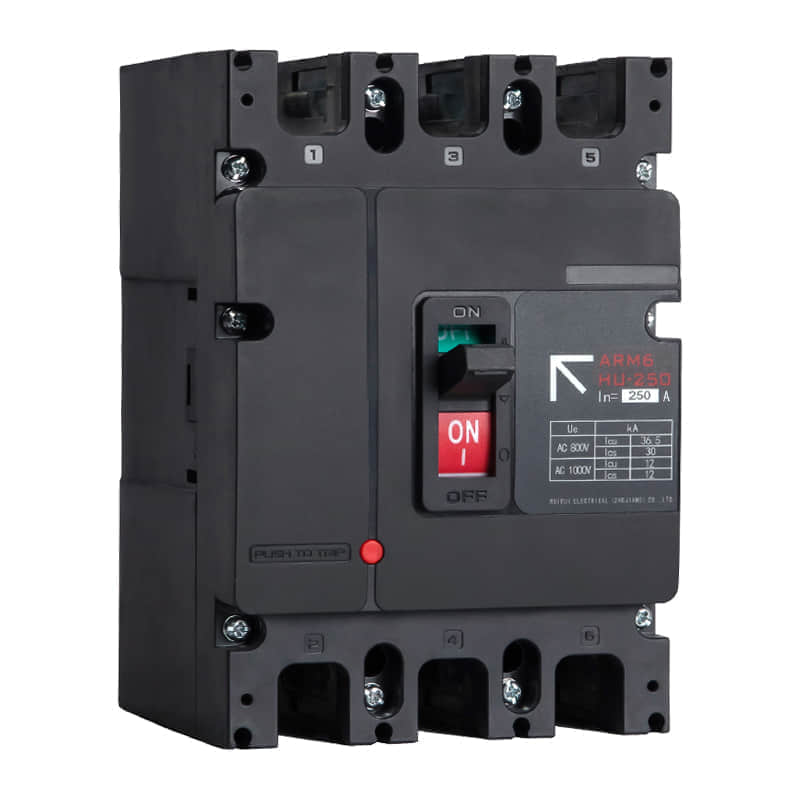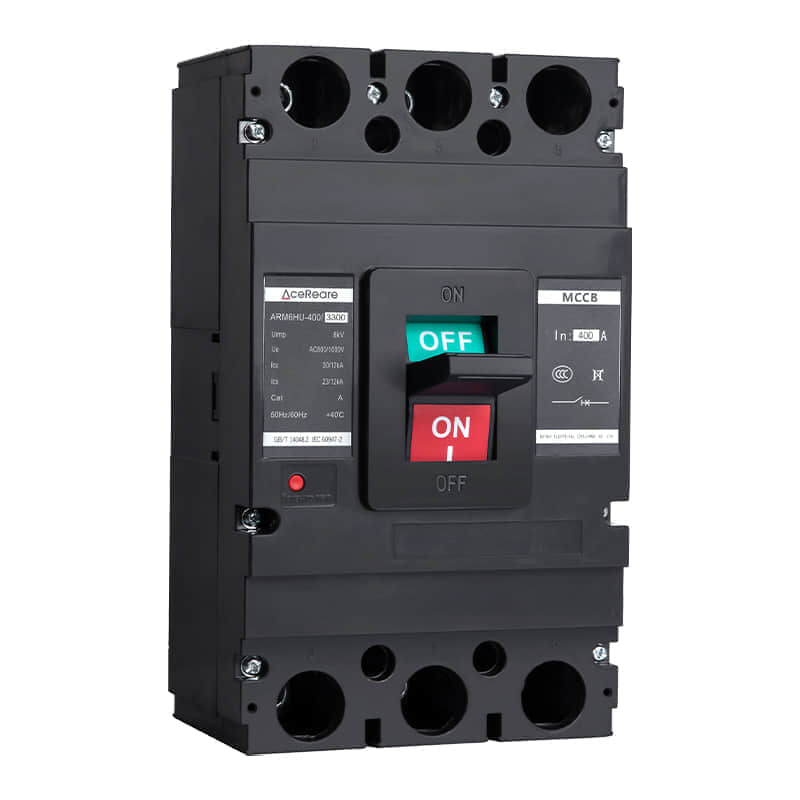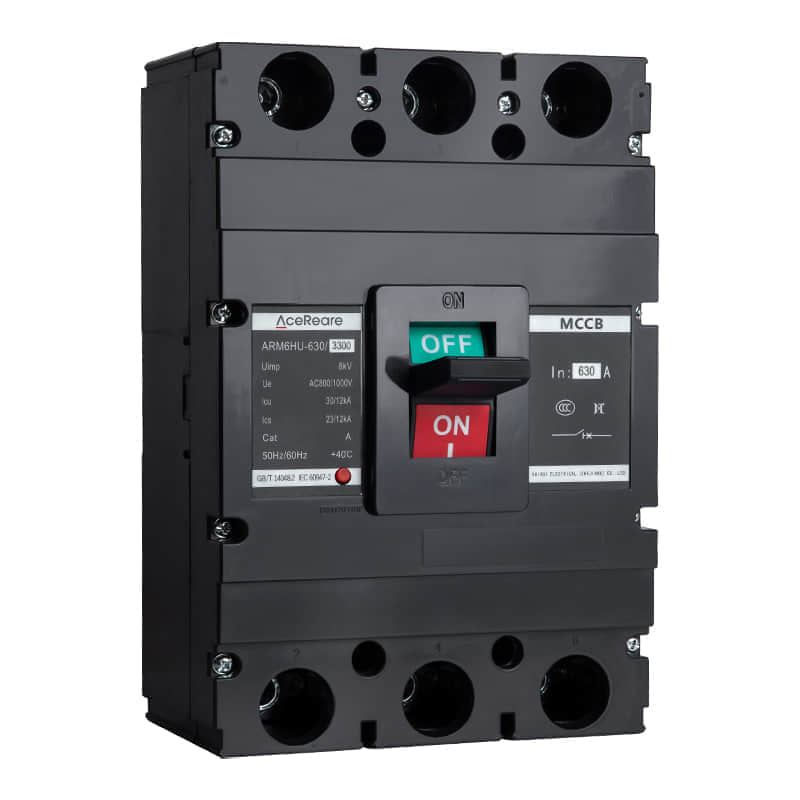Molded case circuit breakers (MCCBs) are essential components in electrical systems, providing protection against overloads and short circuits. Designed to handle moderate to high current levels, MCCBs play a critical role in safeguarding electrical circuits and equipment in various applications, from residential to industrial settings. This article explores the fundamental features, advantages, and applications of molded case circuit breakers.

What is a Molded Case Circuit Breaker?

A molded case circuit breaker is a type of electrical device that interrupts the flow of electricity in the event of an overload or fault condition. Unlike traditional fuses, which need to be replaced after a fault, MCCBs can be reset, making them a more convenient and efficient option for circuit protection. The “molded case” refers to the durable plastic enclosure that houses the internal components, providing insulation and protecting against environmental factors. Key Features of MCCBs Current Rating: MCCBs are available in various current ratings, typically ranging from 15A to 2,500A. This flexibility allows them to be used in a wide range of applications, ensuring adequate protection for different electrical loads.
